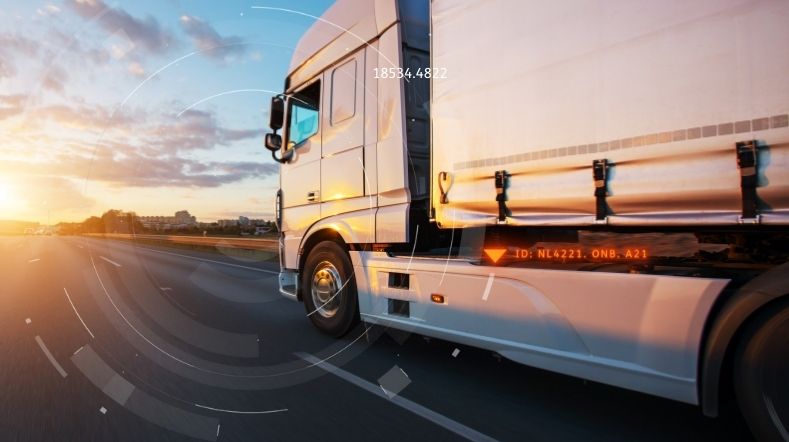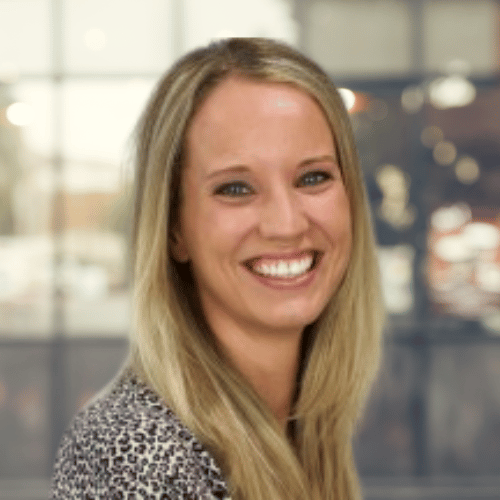
MARQ opens its doors: a place to collaborate on the mobility of the future
The development of smart and safe mobility requires increasingly complex solutions and more intensive collaboration between companies, governments, and knowledge institutions. To accelerate this innovation, TNO, together with the province of North Brabant and the municipality of Helmond, opened the MARQ research centre on the Automotive Campus in Helmond on 8 April. 'The time of developing everything ourselves is over,' says Martijn Stamm, director of mobility at TNO. 'If Europe wants to remain competitive, we must join forces.'
Collaboration needed to compete
The official opening of MARQ (Mobility Applied Research Quarter) took place during Drive Forward - formerly the Automotive Week: an international congress on mobility. The new research centre immediately served as a meeting place for hundreds of experts from the mobility world. This illustrates well what MARQ stands for: innovating together and discussing the mobility of the future.
One of the recurring questions in the panel discussions on stage was: how can we compete with countries like China and the United States? The answer, according to panelist Kristóf Almásy of the European Commission, is collaboration. 'Competition is important, but in many cases, it makes more sense for companies and organisations to work together.'
This message was echoed by several speakers. Anna Larsson from the Swedish research institute Ri.se warned that the European car industry is slowing down innovation due to its current fragmented nature. And Joost Vantomme from the ERTICO ITS Europe partnership advocated for more room to experiment together: 'We need more sandboxing.'
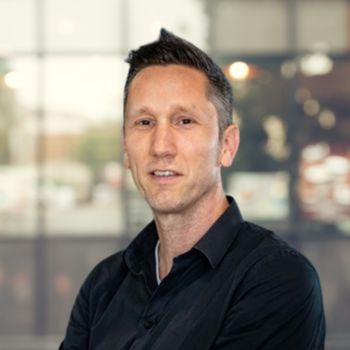
‘We have test facilities here that cost millions of euros. If companies had to develop all of these separately, it wouldn't be efficient. By offering this centrally, parties can step in much more easily.'
Sharing facilities accelerates innovation
‘This is exactly what MARQ was established for,’ says Bastiaan Krosse, research manager for mobility at TNO. ‘We have test facilities here that cost millions of euros. If companies had to develop all of these separately, it wouldn't be efficient. By offering this centrally, parties can step in much more easily. They can also benefit from each other. One party, for example, provides a sensor, another a communication or navigation unit. This way, they learn from each other simultaneously.’
‘But MARQ is much more than just a collection of test facilities,’ Bastiaan emphasises. ‘It is also a partnership, an ecosystem that supports parties throughout the entire innovation cycle, from idea to implementation. Here, we bring together not only technology but also people, ideas, and organisations with different perspectives. This stimulates innovation.’
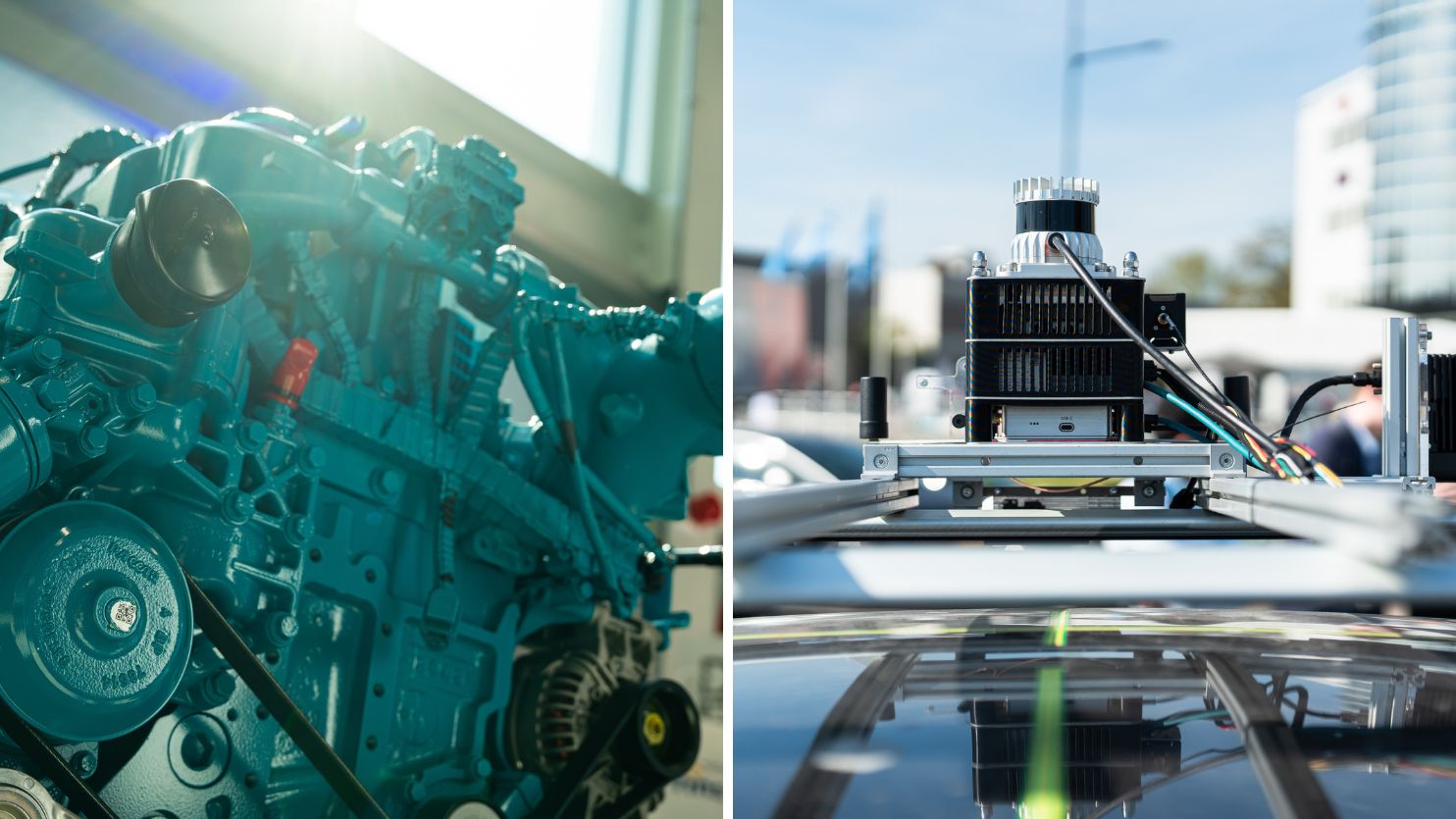
The power of digital and physical testing
MARQ combines traditional vehicle tests with virtual test environments. The six key facilities are vehicle labs for testing new algorithms, hardware and software simulation setups, a dynamic driving simulator, a data & control centre, mobile infrastructure for collecting data during rides, and digital twins to visualise the impact of mobility measures on cities.
‘With our digital simulation environment, you can test and learn a lot in advance,’ explains Yuri Tielman, senior test engineer at TNO. For example, in the development of autonomous vehicles: ‘If you develop a new sensor, you can first extensively investigate how it performs in the simulation. Only then do you enter the physical test phase with more knowledge. This saves a lot of time and money because physical tests with multiple people and a test vehicle on a test track are expensive. By combining virtual and physical testing, we significantly accelerate development.’
MARQ's test facilities:
MARQ currently has six facilities that together form a unique digital and physical test environment for developing and validating new mobility technology:
For practical research into new algorithms and the interaction between autonomous vehicles, drivers, and other road users.
Hardware/Software simulations that allow different application variants to be tested before they are integrated into vehicles, reducing development time and risks.
Simulates physical environment and road conditions to safely test interactions between driver and vehicle technology.
Secure data pipeline for processing partner data, essential for digital twins and virtual testing.
TNO's ‘StreetLive’ box collects and processes driving data from vehicles and surrounding traffic during practical tests.
Visualises and analyses the impact of mobility measures at the urban level.
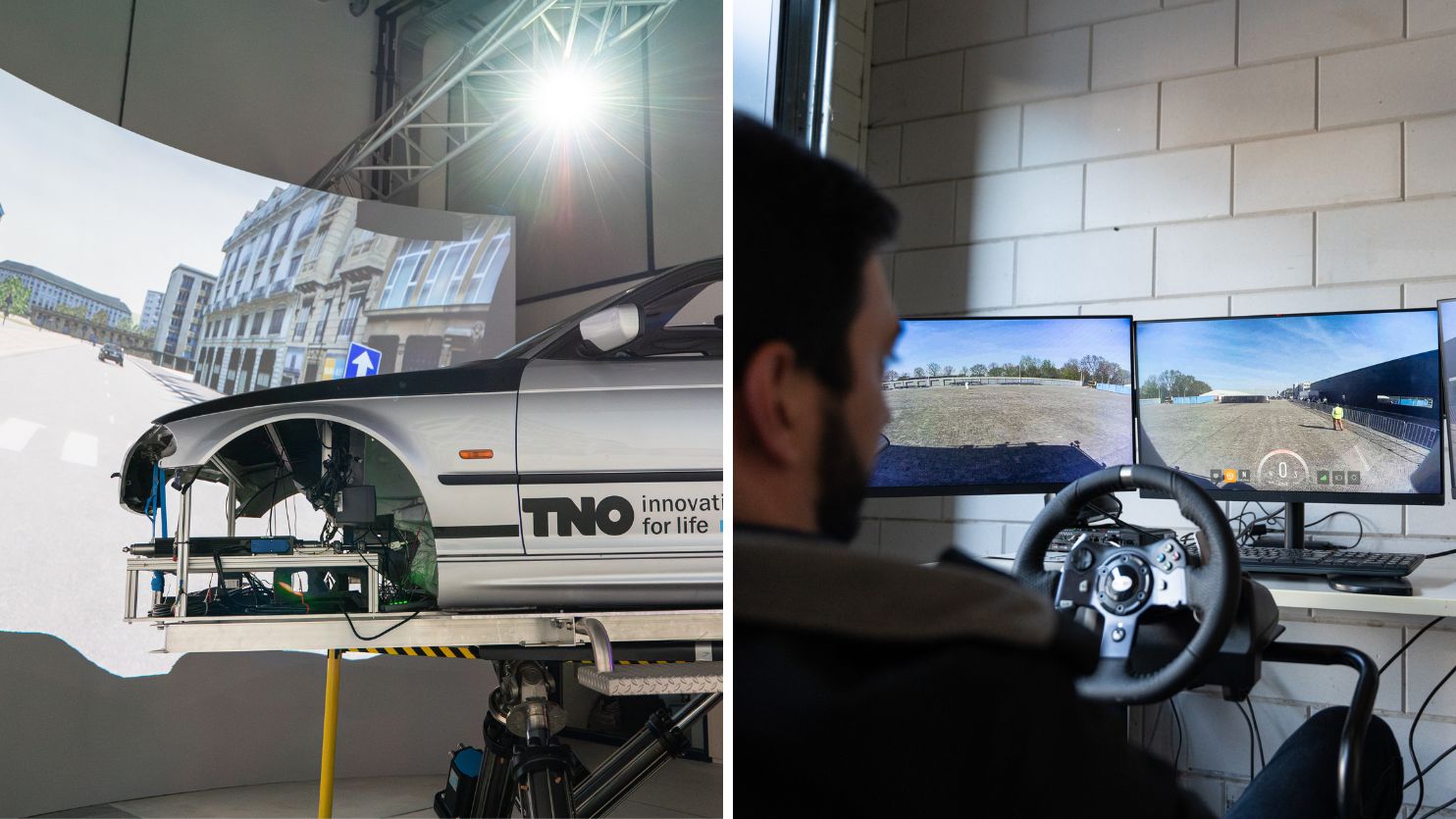
Safer tyres through industry collaboration
TNO has been successfully collaborating with innovative companies in the mobility world for years. A good example is the collaboration with the American tyre company Goodyear, where TNO helped develop intelligent tyres that improve safety.
TNO and Goodyear investigated how data from the tyres can be shared with the vehicle to improve the anti-lock braking system (ABS). Thanks to the combination of simulations and physical tests at TNO, it was demonstrated that intelligent tyres can reduce the braking distance by almost two metres. The research attracted worldwide attention and led to follow-up projects on other safety systems, such as emergency braking systems.
Although this project was already underway before MARQ existed, it is, according to Wiljan Willems, senior project manager at TNO, a good example of a typical MARQ collaboration: ‘It is the physical test facilities that attract partners here, but by coming together, new ideas and projects emerge.’
New talent from vocational to university level is welcome
In addition to innovation and collaboration, talent development is an important pillar of MARQ. ‘We want to invite talent from all different educational levels to come and work together here,’ says Bastiaan. ‘From vocational students at the SUMMA college nearby to students from TU Eindhoven.’
This combination of talent is essential, Bastiaan explains. ‘Look at a company like DAF nearby. They need people of all levels. A working truck is not built only by vocational students, not only by higher education students, not only by academics, but by them together. We need all these different competencies and knowledge levels.’
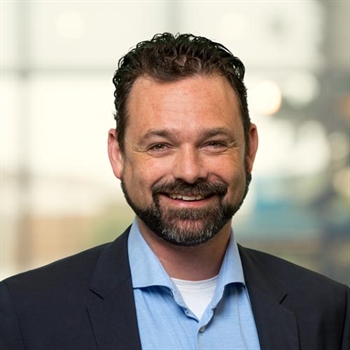
'I would be very pleased if we could implement innovations that help with, for example, the labour shortage and traffic flow in the transport sector.’
Bringing industry and talent together
Innovative companies are invited to play an active role in this talent development. ‘We don't just want to come up with what students should work on ourselves,’ says Bastiaan. ‘We invite partners to think along about what skills and competencies they need. If they think students need to build knowledge of a particular sensor or navigation system, they can bring that technology here. This way, we train the professionals of the future together.’
Building the future together
MARQ is a collaboration between TNO, the province of North Brabant, and the municipality of Helmond. But that doesn't mean these parties want to take the lead. It's mainly about opening the doors to new partners, says Bastiaan: ‘We have now signed with the province and the municipality, but we are already talking to many knowledge institutions, educational institutions, and companies,’ says Bastiaan. ‘We also want to formalise that part further.’
‘It's important to regularly sit down with parties,’ adds Wiljan. ‘Through that open attitude, ideas come to the table that would never have come up otherwise. We want to create more mutual trust here so that parties know what TNO can do, and we know what they can do.’
First project tackles the logistical challenges of the Netherlands
A concrete example of such a public-private partnership is the project with longer lorries that MARQ is now starting. ‘We have just received an assignment to further improve the sustainability of Super EcoCombis, lorry combinations that can carry more cargo due to their extra length,’ says Martijn.
‘This is not about innovations like autonomous driving, but it is a good example of how we can get more sustainable vehicles on the road faster. Especially on the logistics side, we have quite a challenge in the Netherlands. So, I would be very pleased if we could implement innovations that help with, for example, the labour shortage and traffic flow in the transport sector.’
Participating in MARQ's innovations
Whether it is about testing a sensor, introducing students to the latest technologies, or working together on innovative mobility concepts, MARQ offers the facilities, knowledge, and network to bring ideas to the road faster. Interested companies, educational institutions, and other organisations that want to contribute to smart, safe, and clean mobility can contact TNO to explore the possibilities for collaboration within MARQ.
Get inspired
How is YER award winner Chris van der Ploeg doing?
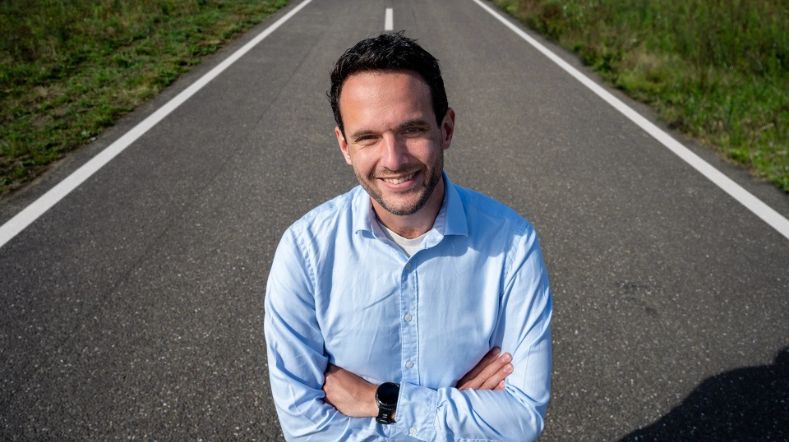

TNO launches Motion Comfort Institute for automated vehicle era
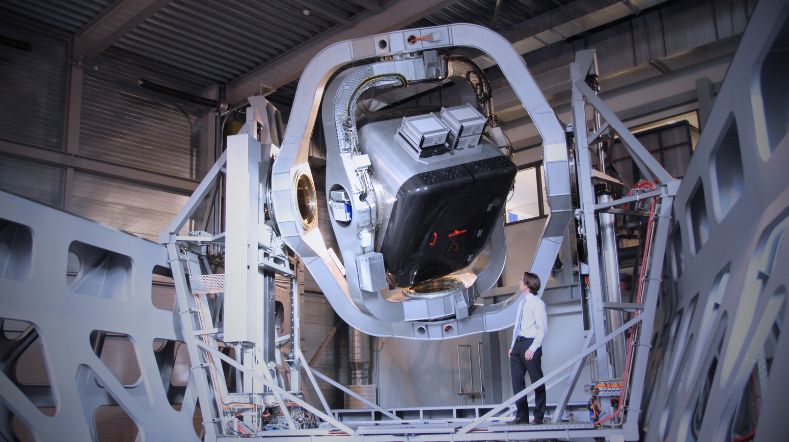

Releasing autonomous software faster with DeepScenario and TNO’s StreetWise
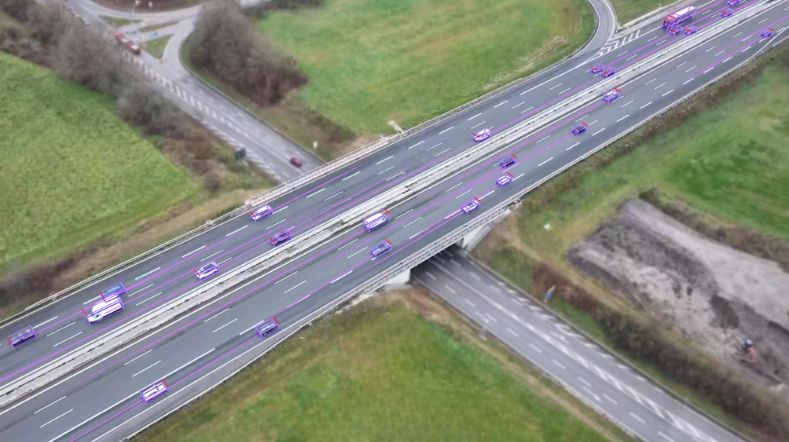

Demonstrations of automated driving and charging for logistics at Maasvlakte
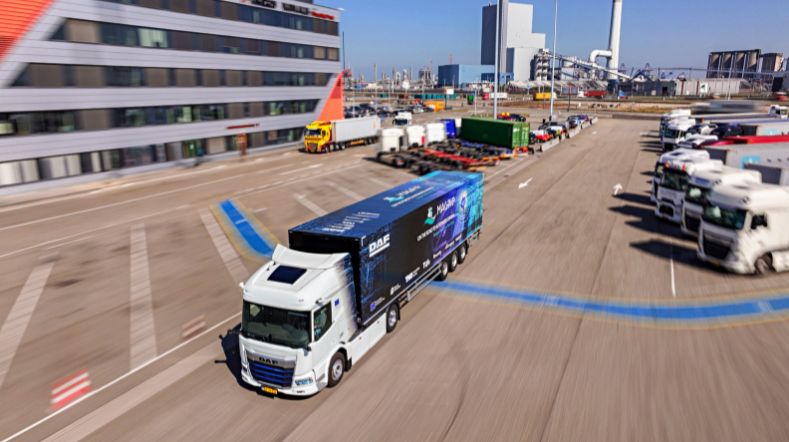

Getting on board with autonomous transport? Five things you need to know
